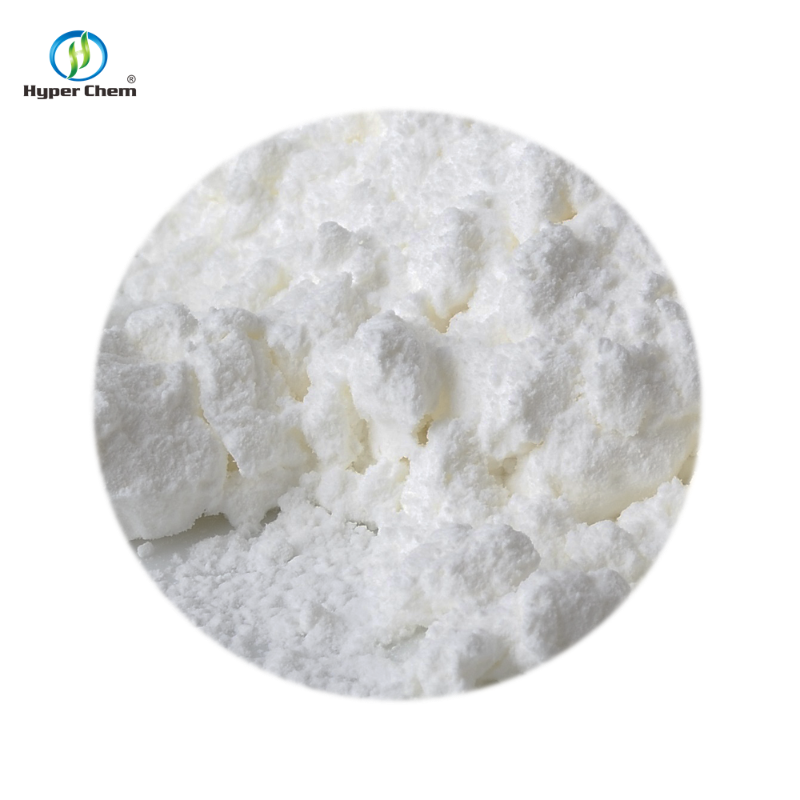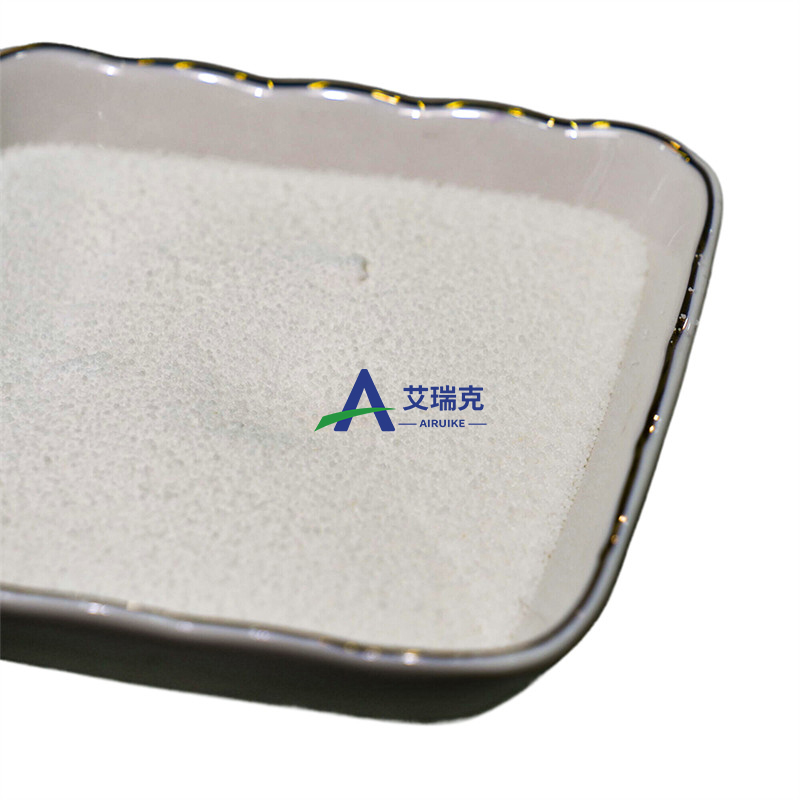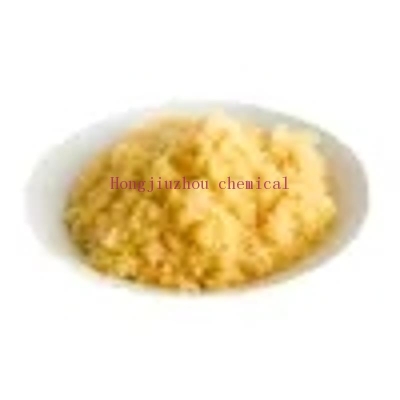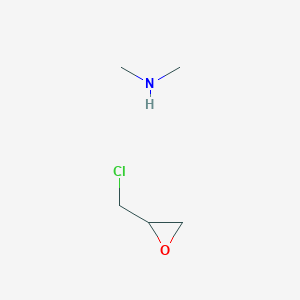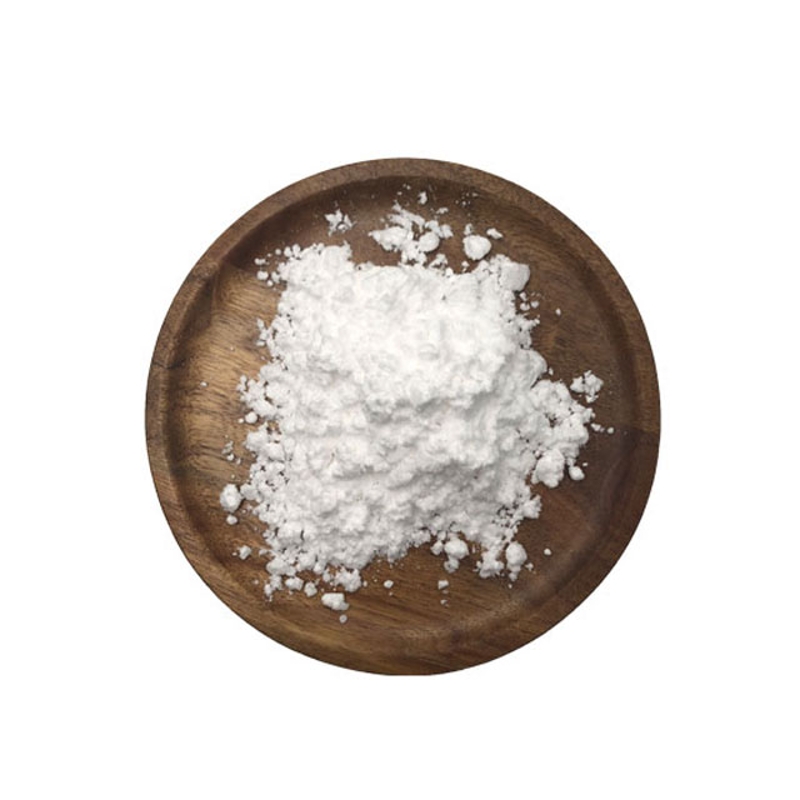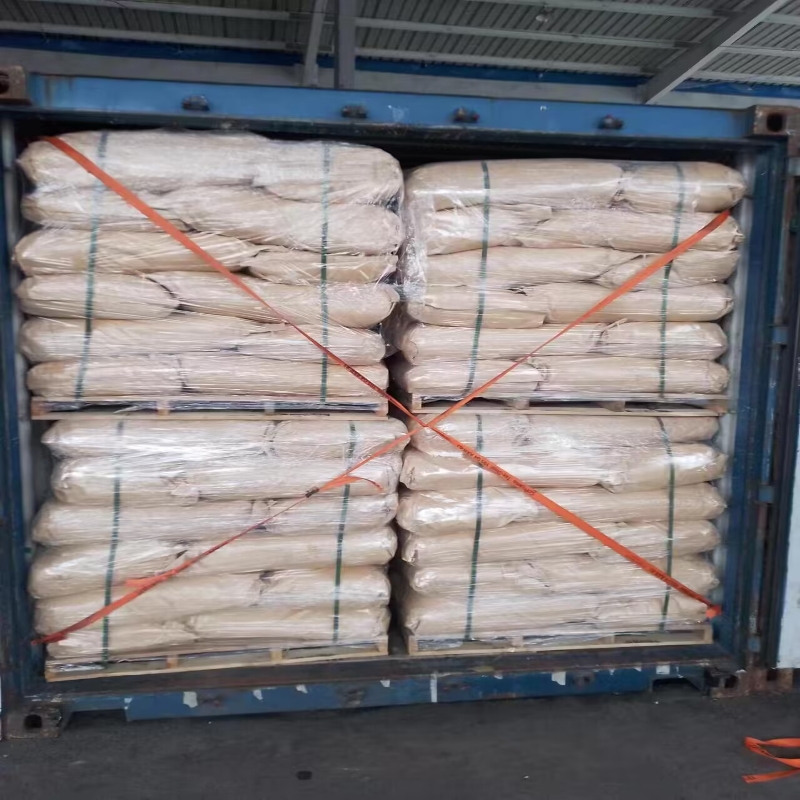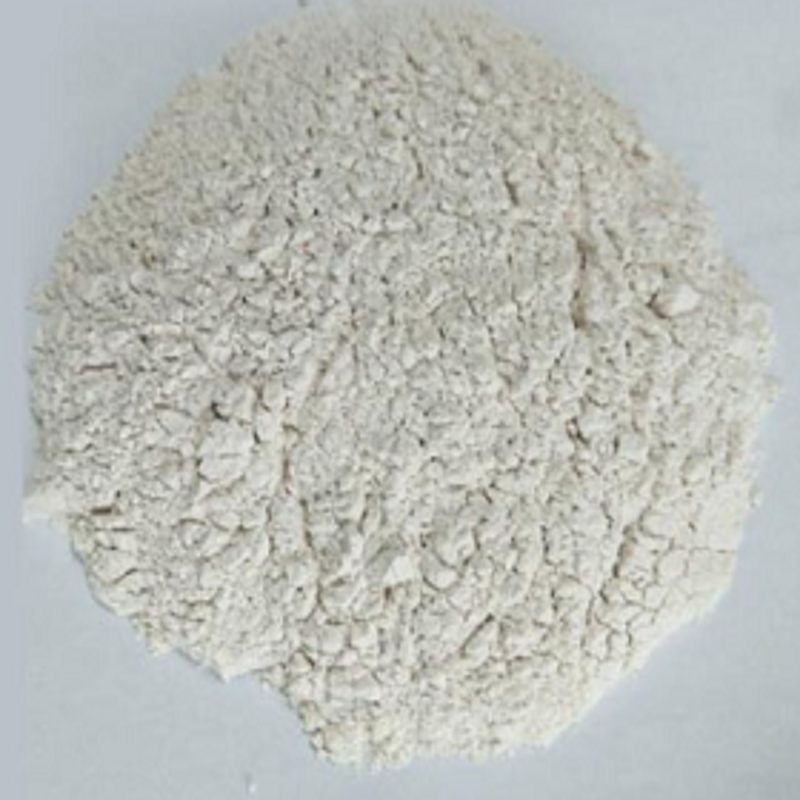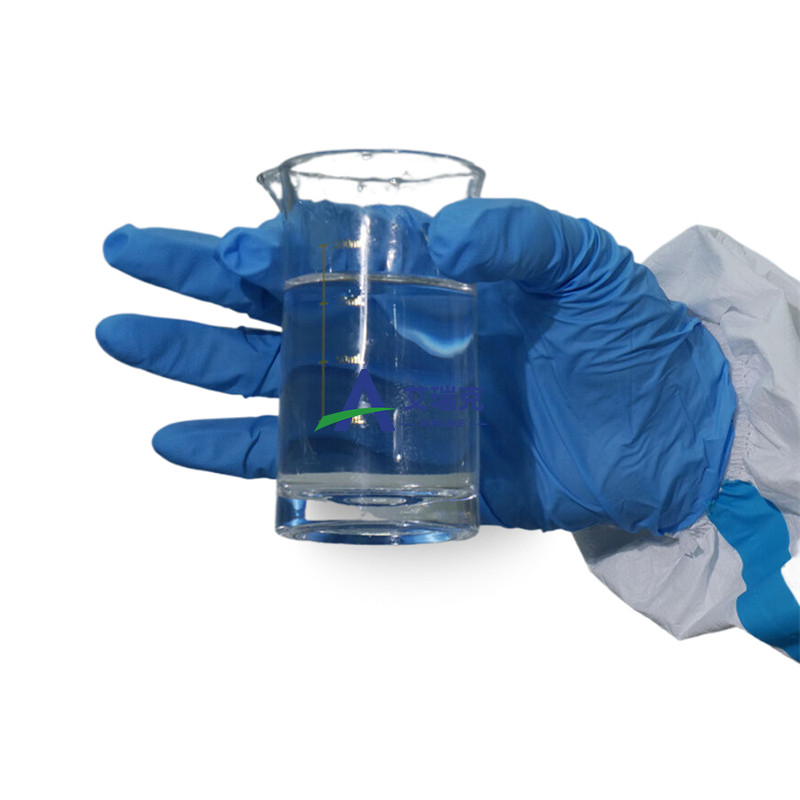Catalyst and Auxiliary
- • Antioxidants (109)
- • UV Absorbers (92)
- • Polyethylene Glycol Derivatives (66)
- • Fluorescent Brightener (62)
- • Plastic Rubber Chemicals (89)
- • Polymer (464)
- • Precious Metal Catalysts (239)
- • Coupling Agent (8)
- • Zeolite (5)
- • Flame Retardants (10)
- • Petrochemical (22)
Related News
-
Gulbrandsen to Increase PE Wax Capacity and Build New Polymer Plant in India
2025-03-25 -
Shell begins operations at polymers plant in Pennsylvania
2022-11-24 -
How are polymers broken down and its uses
2022-09-28 -
What Reaction Is Used To Break Down Polymers?
2022-08-22 -
Cut Off The 'Gas' Warning! Chemical Giants Such As BASF And Covestro Speak Out Urgently!
2022-04-28 -
What Type of Reaction Links Monomers to Make Polymers and Its Uses
2022-03-16
Ethylene oxide-formaldehyde-4-(1,1,3,3-tetramethylbutyl)phenol copolymer
(25301-02-4)-
- / 99%
-
-
Pharmacy Grade / 99%
-
Industrial Grade / 98%
Request for quotation , get quotes from more suppliers.
Ethylene-propylene copolymer
(9010-79-1)-
Chemical Grade / 99%
-
Industrial Grade / 98%
-
Industrial Grade / 99%
-
Pharmacy Grade / 0%
Request for quotation , get quotes from more suppliers.
Methyl methacrylate-styrene copolymer
(25034-86-0)-
Chemical Grade / 99%
$1/KG FOB
-
![POLY(STYRENE-CO-METHYL METHACRYLATE) buy POLY(STYRENE-CO-METHYL METHACRYLATE)]()
-
![POLY(STYRENE-CO-METHYL METHACRYLATE) buy POLY(STYRENE-CO-METHYL METHACRYLATE)]()
-
![POLY(STYRENE-CO-METHYL METHACRYLATE) buy POLY(STYRENE-CO-METHYL METHACRYLATE)]()
Industrial Grade / 99%
Request for quotation , get quotes from more suppliers.
-
![TRIMETHYLOLPROPANE ETHOXYLATE buy TRIMETHYLOLPROPANE ETHOXYLATE]()
Industrial Grade / 99%
-
![TRIMETHYLOLPROPANE ETHOXYLATE buy TRIMETHYLOLPROPANE ETHOXYLATE]()
-
![Propylidynetrimethanol, ethoxylated buy Propylidynetrimethanol, ethoxylated]()
Different Grade / 99.9%
$0.1/KG EXW
-
![Trimethylolpropane ethoxylate buy Trimethylolpropane ethoxylate]()
Request for quotation , get quotes from more suppliers.
-
Industrial Grade / 99%
$2-2.1/MT FOB
-
![THIAMPHENICOL CAS NO 2393-92-2 buy THIAMPHENICOL CAS NO 2393-92-2]()
Industrial Grade, Feed Grade, Food Grade, Pharma Grade / 99%
$11.11/KG EXW
-
![THIAMPHENICOL buy THIAMPHENICOL]()
Industrial Grade / 99%
-
![[(2R,3R)-2-[(2,2-dichloroacetyl)amino]-3-hydroxy-3-(4-methylsulfonylphenyl)propyl] 2-aminoacetate buy [(2R,3R)-2-[(2,2-dichloroacetyl)amino]-3-hydroxy-3-(4-methylsulfonylphenyl)propyl] 2-aminoacetate]()
Request for quotation , get quotes from more suppliers.
Dimethylamine-epichlorohydrin copolymer
(25988-97-0)-
Industrial Grade / 99%
-
- / 99.00%
-
Pharmacy Grade / 99%
-
Chemical Grade / 99%
$12-14/KG FOB
Request for quotation , get quotes from more suppliers.
Acrylic acid-ethylene copolymer
(9010-77-9)-
-
-
-
Industrial Grade / 99%
Request for quotation , get quotes from more suppliers.
Polypropylene glycol monobutyl ether
(9003-13-8)-
Industrial Grade / 99%
-
- / 0.00%
-
Industrial Grade / 99%
-
- / 99.00%
Request for quotation , get quotes from more suppliers.
Terpenes, polymers
(9003-74-1)-
Industrial Grade / 95%
-
- / 99%
-
![Terpene resin buy Terpene resin]()
-
![Terpene resin buy Terpene resin]()
Industrial Grade / 99%
Request for quotation , get quotes from more suppliers.
-
Industrial Grade / 99%
-
- / 0.00%
-
Top Product / 0%
-
industrial Grade / 98%
Request for quotation , get quotes from more suppliers.
More Information
Polymers are large macromolecules formed from the combination of monomers which are small molecules. These materials are characterized by their high tensile strength, flexibility and chemical resistance and find wide application. Polymer clay is one of the types of synthetic polymers which have found its use in arts and crafts because of its flexibility and strength. Polymers are applied in several commodities and industries and may range from the simplest consumer products to the most complex industrial applications.
Polymers have several benefits and one of the biggest is that they are versatile. To this end, manufacturers can modify the chemical composition of polymers to meet certain property standards such as increasing tensile strength or increasing thermal stability. This flexibility in modification makes polymers ideal to be used in the manufacturing of anything from lightweight packaging materials to high-performance construction components.
Applications of polymers:
Auto parts for weight loss as well as fuel economy.
Prosthetics and implants which are medical devices.
Electrical components because of their capability to insulate.
Lightweight but strong and sturdy packaging material.
Polymer clay for decorative purposes and other purposes such as crafts.
Construction materials for strength and elasticity.










